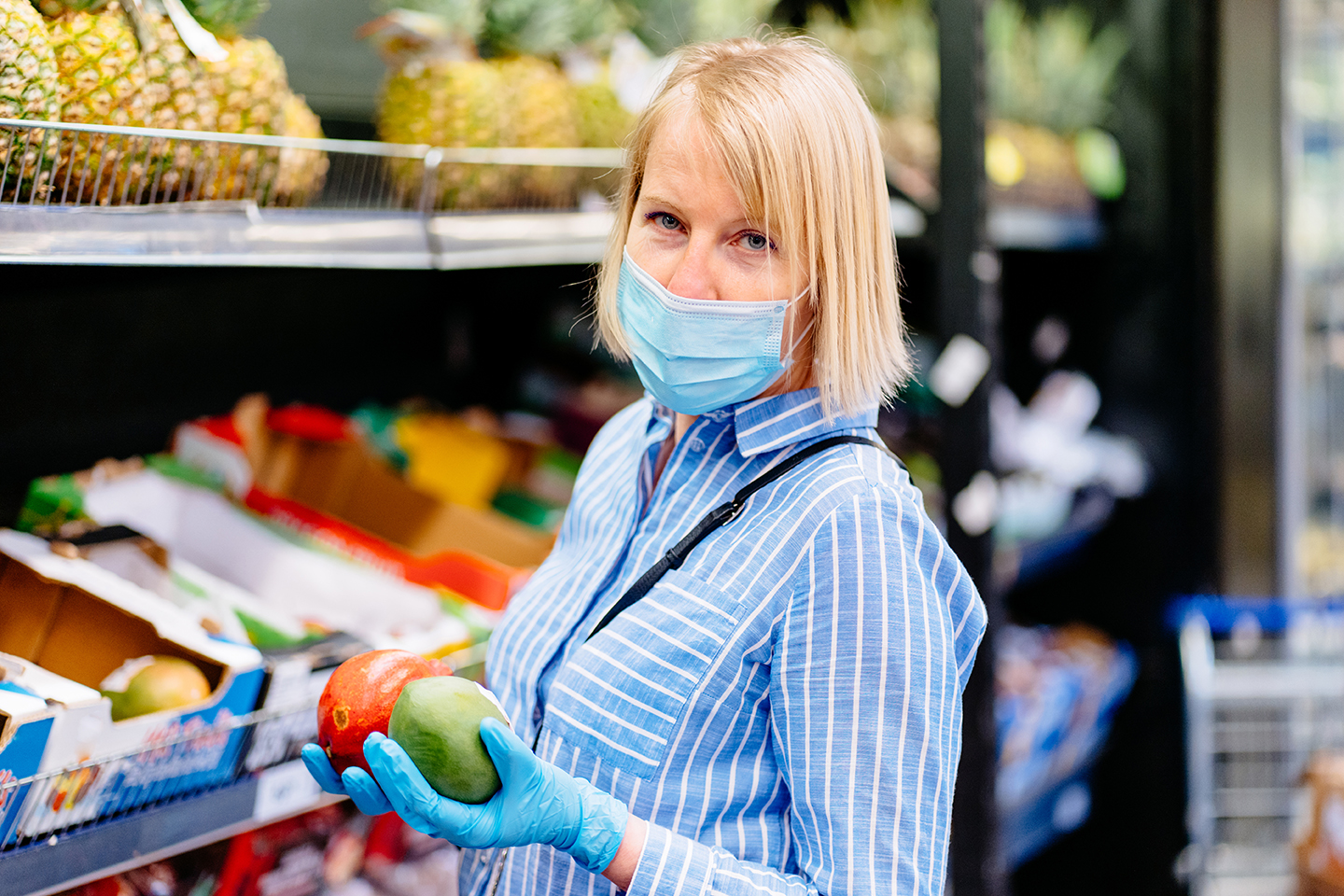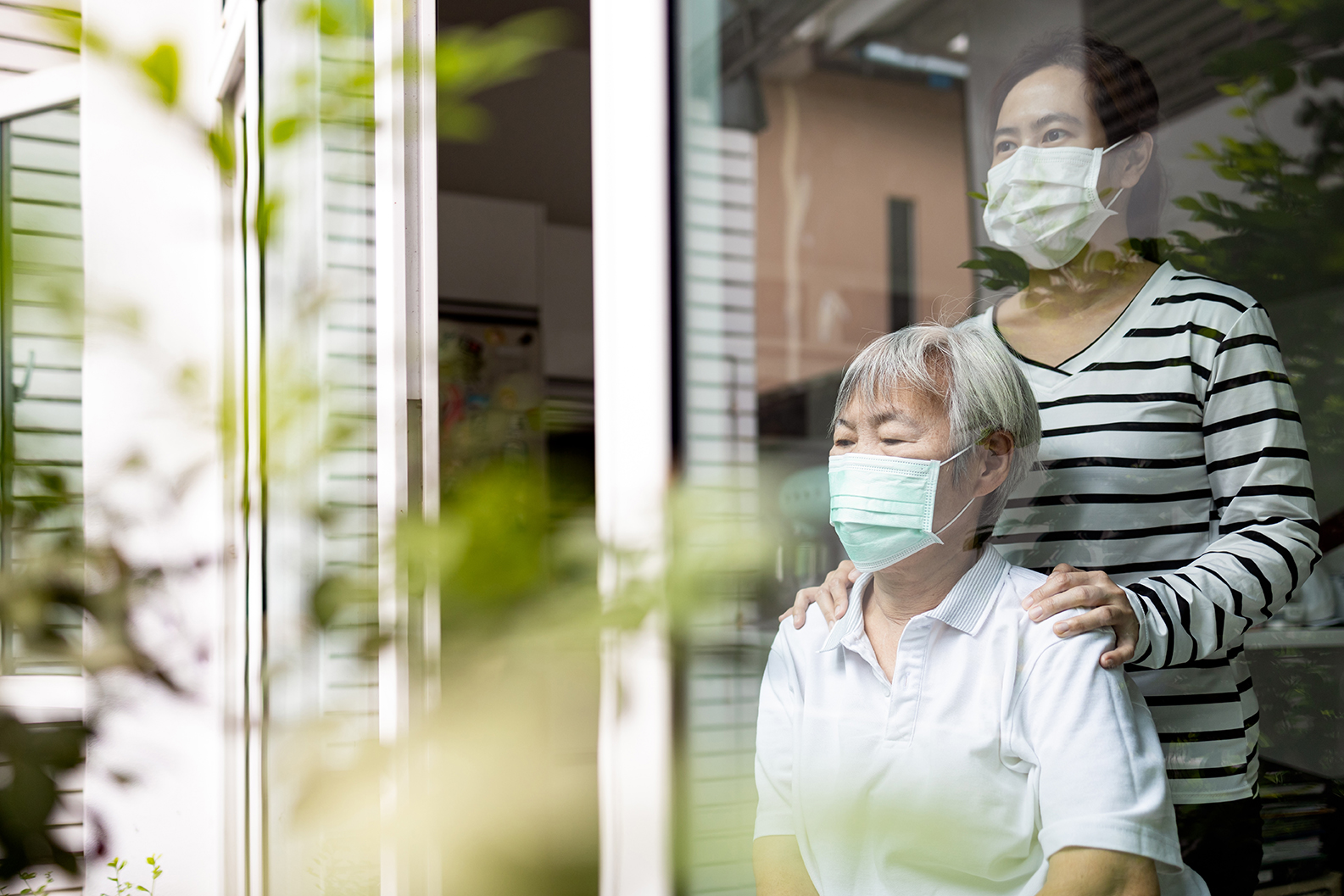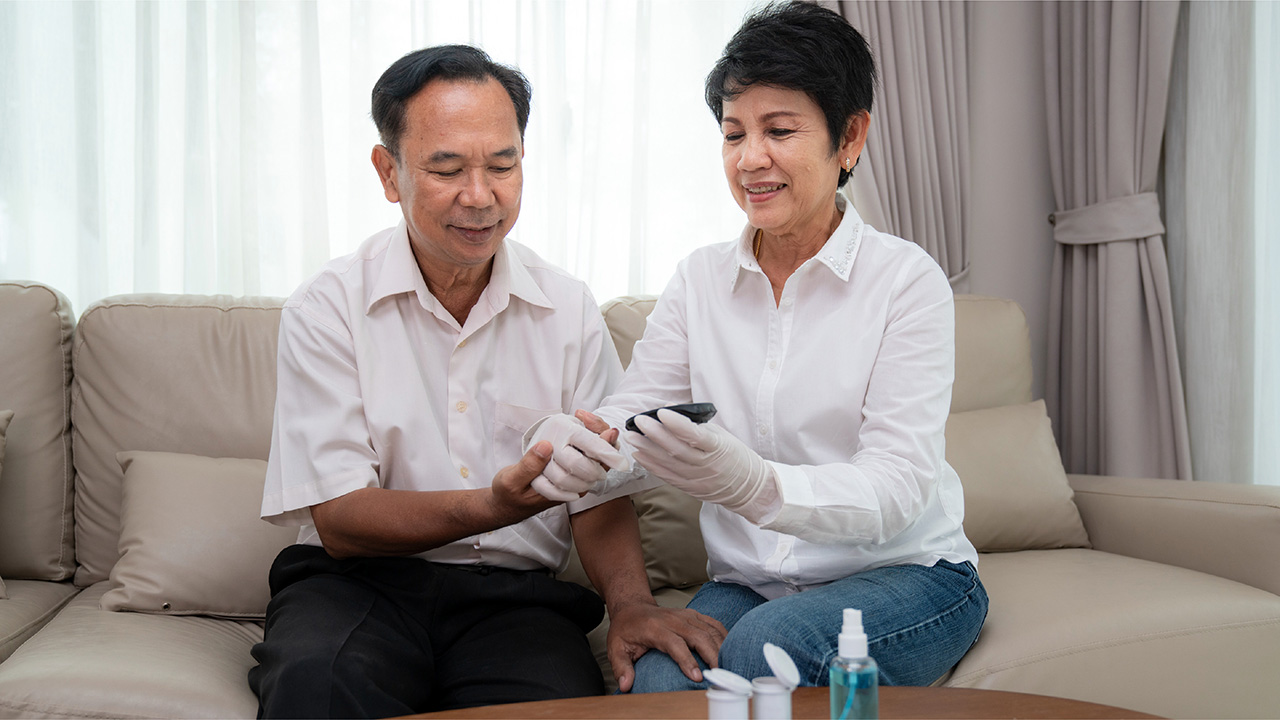Resources
Mobile Resource Library Tabs
Filters
Search
Categories Navigation
Asset Publisher
Content with Type Article .
Resources

Understanding and Managing an Older Loved One’s Urinary Incontinence
As we age, changes in our body can reduce how much urine our bladder can hold. The stream can become weaker and can cause us to feel the urge to urinate more often. Some people suffer from overactive bladder, which is characterized by urinary urgency and frequency. Others may also suffer from urinary incontinence, which is the loss of bladder control. It can range from leaking a small amount of urine, to having very strong urges to urinate that are difficult to control. Incontinence may be either a chronic or temporary problem.
Read More06/15/2020

How to Keep an Older Loved One Supplied with Necessities during the COVID-19 Pandemic
With staying at home and practicing social distancing being recommended as two of the most important methods of “flattening the curve” and keeping safe during the current COVID-19 pandemic, most of us have had to rethink the ways we go about our day-to-day lives. Even basic trips to the convenience store or supermarket involve new levels of preparation and caution than before. This can be an additional challenge for those who have to think about providing for a vulnerable loved one, whether they are caregivers or just taking on a bigger role to assist their loved one and keep them safe at this time.
Read MoreBy Julie Hayes | 05/18/2020

Why Won’t My Parents Just Stay Home?: Older Adults and COVID-19 Restrictions
Older adults as an age group have been particularly resistant to changing their behaviors in response to the COVID-19 pandemic. So often faced with age-related limitations on what they can do, they fight back against what others tell them to do, even if it is in their best interest. Moreover, at the end of the day, they many not see themselves as high-risk because they simply do not perceive themselves as “old.”
Read MoreBy Lisa Weitzman | 05/18/2020

Diabetes and Hypertension as Risk Factors for Kidney Disease in Older Adults
For older adults, the risk for kidney disease especially critical as studies show that diabetes can increase with age due to factors such as obesity, decreased activity, hypertension and insulin resistance. Because of medical advances in the treatment of diabetes, patients with the disease are living longer, thus leading to more diabetes-related complications, such as kidney disease.
Read More05/18/2020

Recognizing COVID-19 Scams
As COVID-19 impacts lives around the world, we may feel vulnerable, confused and in need of information, whether on how to keep ourselves and loved ones safe, or how to help support the doctors and nurses who work tirelessly to save lives. Sadly, the uncertainty of the times has also given rise to people who seek to take advantage of this vulnerability and confusion through scams, misinformation and false promises of cures and treatments. Our older loved ones may be particularly vulnerable to these scams as well. According to the Federal Trade Commission (FTC), adults over the age of 60 lose money to scams at twice the rate of people between 20 and 59.
Read MoreBy Julie Hayes | 04/15/2020
